Wearable technology isn’t just a trend anymore. It is a part of how we live, work, and stay connected every day.
Whether checking your Apple Watch for fitness stats or using an Android smartwatch to control your smart home, wearable apps are changing the game.
But building these apps comes with unique challenges and exciting opportunities. If you’re diving into wearable app development for Android and iOS, you need a clear roadmap.
This guide breaks down everything from understanding key device capabilities to navigating the development process for both Android and Apple platforms.
We’ll cover the must-have features, security essentials, and design tips to make sure your app stands out in the fast-growing wearable market.
The Evolution of Wearables: From Tracking to Transformation
The evolution of wearable app development for Android and iOS is a story of innovation, persistence, and the unyielding search to merge technology effortlessly with our lives.
What started as simple pedometers and heart rate monitors has expanded into a sophisticated system of devices capable of tracking our physical activity, sleep patterns, stress levels, and even our exposure to ecology.
As wearables progressed with time, so did the hopes of consumers. The idea of ‘smart’ became identical to ‘connected.’ 
The introduction of the Apple Watch, a true herald of change, demonstrated this move.
From receiving notifications on the wrist to keeping you updated on the heartbeats and even making calls, the smartwatch exceeded its status as a simple addition. It appeared as a dominant hub of communication and health management.
Initially, the key to the success of the Apple Watch was its synchronization with an iPhone. iPhone app development services played a major role in synchronizing not only Apple watches with perfection, but also other smart watches of renowned brands.
The worldwide wearable technology market is likely to grow at a complex annual growth rate of 13.89% during the estimated period 2022 to 2030.

The international wearable technology market size was projected at USD 121.7 billion in 2021 and is likely to top around USD 392.4 billion by 2030.
- Get the Exclusive Inside Story
- The Latest Statistics and insight about Wearable Apps, Emerging Trends & More
Android vs. Apple: Navigating Wearable App Development Platforms
In the active field of wearable app development, the choice of platform can meaningfully influence the course of your conception.
Android and Apple provide exceptional environments for developers to bring their wearable app dreams into reality.
Contemplating these platforms’ discrete features, procedures, and tools is critical for developing applications that harmonize with the operating systems and the devices they control.
The Apple Watch, a personification of stylishness and accuracy, has refined a prosperous app ecosystem that effortlessly integrates with users’ lives.
The domineering considers the Apple Watch app development ecosystem to support Apple’s design principles, which accentuate straightforwardness and effectiveness.
The Digital Crown, Force Touch, and the Taptic Engine are just a few of the characteristic foundations developers must utilize to produce immersive experiences on this platform.
The drive through Apple’s wearables ecosystem demands an intense obligation for aesthetics, user experience, and the complex interchange between hardware and software.
Android
On the Android app development services front, wearable app development grants variety and customization.
Android-powered smartwatches come in numerous outlines and sizes, catering to various choices and graces.
This assortment translates into a rich array of promises for developers, who must steer a range of screen sizes, system factors, and hardware capabilities.
Google’s Wear OS offers the groundwork for creating apps that align with this diversity, demanding a stretchy design and development method.
Designing for Wearables: Creating User-Centric Interfaces

In the dominion of wearable apps, the canvas is partial, but the potential is unlimited. Designing user interfaces for wearables is a practice in maximizing impression within the limitations of a compact screen.
The core of wearable app layout lies in crafting visually tempting experiences that are instinctively maneuverable, provided that restricted real estate is obtainable.
As we determine the art of creating user-centric interfaces for wearables, study the mantra of ‘less is more,’ where each pixel is valuable and each interface is careful.
The values of uncluttered design come to a head when producing wearable interfaces.
Clutter is the rival of user engagement, and practicality reigns supreme. Hefty, easily tappable elements and readable typography contribute to smooth navigation.
Purifying complex information into bite-sized intuitions becomes an art formula, with glanceability being the final goal.
Whether it’s a hasty weather insight or a health update, the interface should convey its essence in a heartbeat.
Color and contrast play a key role in wearable app design. Given the restricted space, colors must be selected sensibly to warrant readability and visual grading.
Opposing colors can steer the user’s attention to significant elements, while delicate animations can deliver gentle cues that improve the user experience.
Additionally, the touch interactions inimitable to wearables, such as swipes and taps, should be instinctual and receptive, flawlessly integrating into the user’s physical activities.
Improving User Experience on Wearables: Interaction in a Flash

In the fast-paced landscape of wearables, every second matters. User experience optimization is not just a goal – it’s an obligation for any mobile app development company.
The essential nature of wearable devices stresses instant, whole, and inconspicuous interactions.
Users glance at their smartwatches and smart glasses for quick information, notifications, or movements, requiring a completely new style of interface design and user engagement.
One of the main trials in wearable app development is harmonizing the necessity for functionality with the device’s limitations.
Wearable screens are minuscule as related to their smartphone counterparts, but they’re also more closely unified into users’ lives.
As a result, every communication should be precisely designed to diminish perceptual load.
The “less is more” philosophy spreads beyond aesthetics to interactions: order important features, modernize navigation, and make micro-interactions expressive.
The haptic response of wearables, such as the subtle vibrations of an Apple Watch, offers an opening to engage users without overwhelming them.
Clicking on these sensory prompts can make interactions feel more natural and intuitive.
Context alertness is an extra pillar of enhancing user experience. Utilizing sensors and data, wearable apps can modify information to users’ instant requirements, be it a prompt to stand up after an extended sitting or an appropriate hydration alert during a workout.
As we discuss the details of enhancing the user experience on wearables, you’ll reveal strategies to develop app interactions that align with users’ fast-paced régimes.
From understanding push notifications to exploiting voice commands and signals, this section will prepare you with the tools to project wearable experiences that faultlessly add to users’ daily practices.
Advanced Ideas for Wearable App Development for Android and iOS: From Health to Entertainment
Wearable apps are more than tools designed to perform their intended tasks; they’re valuable companions that can potentially improve several facets of our lives.
Health
From allowing users to take care of their health and welfare to providing innovative forms of entertainment, the possibility of wearable apps bounces across varied realms.
Lifestyle
The conjunction of technology and lifestyle has paved the way for a new wave of pioneering app ideas that influence the exclusive capabilities of wearables.
Visualize a smartwatch app that oversees your physical movement and examines your schedules to offer real-time posture improvement.
These instances highlight how wearable apps can effortlessly blend health monitoring with actionable insights, eventually nurturing complete comfort.
Entertainment
On the entertainment side, wearables provide appealing opportunities for immersive experiences.
Wearables’ potential to unite the digital and physical worlds allows app ideas that redefine how we relate to our surroundings and engage with entertainment.
- Embark on Your App Journey with Our Expert App Development Services.
Coding the Future: Tools and Technologies for Wearable App Development
Wearable app development prospers on a groundwork of assorted tools and technologies

From Swift and SwiftUI for Apple Watch apps to Kotlin and Android Studio for Android wearables, learning these languages and frameworks fuels developers to create unified, performance-oriented experiences.
Moreover, utilizing platform-specific SDKs and wearables’ sensors augments functionality, whether heart rate monitoring or GPS integration.
As wearable apps further develop, staying up-to-date with the latest Android or iOS wearable app trends guarantees you’re ready to code the future.
App Store Success: Strategies for Visibility and Engagement
Launching a wearable app is just the initiation; warranting it prospers in app stores stresses strategic brilliance.
- Start with improving keywords and descriptions, aligning with users’ search objectives.
- Appealing visuals, such as charming screenshots and videos, intensify your app’s demand.
- Utilize user reviews and ratings to display reliability and address apprehensions. Apply steady updates to stay relevant and receptive to user responses.
By assuming these strategies, you improve your wearable app’s discoverability and shape a loyal user base.
Why Choose Tekrevol for Your Wearable App Development Needs?
When it comes to wearable app development for Android and iOS, partnering with the right team can make all the difference.
At Tekrevol, we don’t just build apps—we craft seamless experiences tailored for the unique capabilities of wearable devices like Apple Watch and Android smartwatches.
Our deep expertise in both platforms means your app will not only look sleek but function flawlessly, delivering real value to users on the go.
What sets Tekrevol apart?
It’s our commitment to innovation combined with a user-first mindset. We stay ahead of the tech curve by leveraging the latest tools, from advanced sensor integration to cutting-edge AI features, ensuring your wearable app isn’t just current, it’s future-ready.
Plus, our agile development process means we adapt quickly, incorporating your feedback every step of the way to create an app that truly fits your vision.
Whether you’re launching a fitness tracker, a health monitoring tool, or a productivity booster, Tekrevol’s wearable app development services provide a smooth journey from concept to launch.
- Ready to Launch Your Wearable App?
- We specialize in developing innovative wearable applications for both Android and Apple platforms

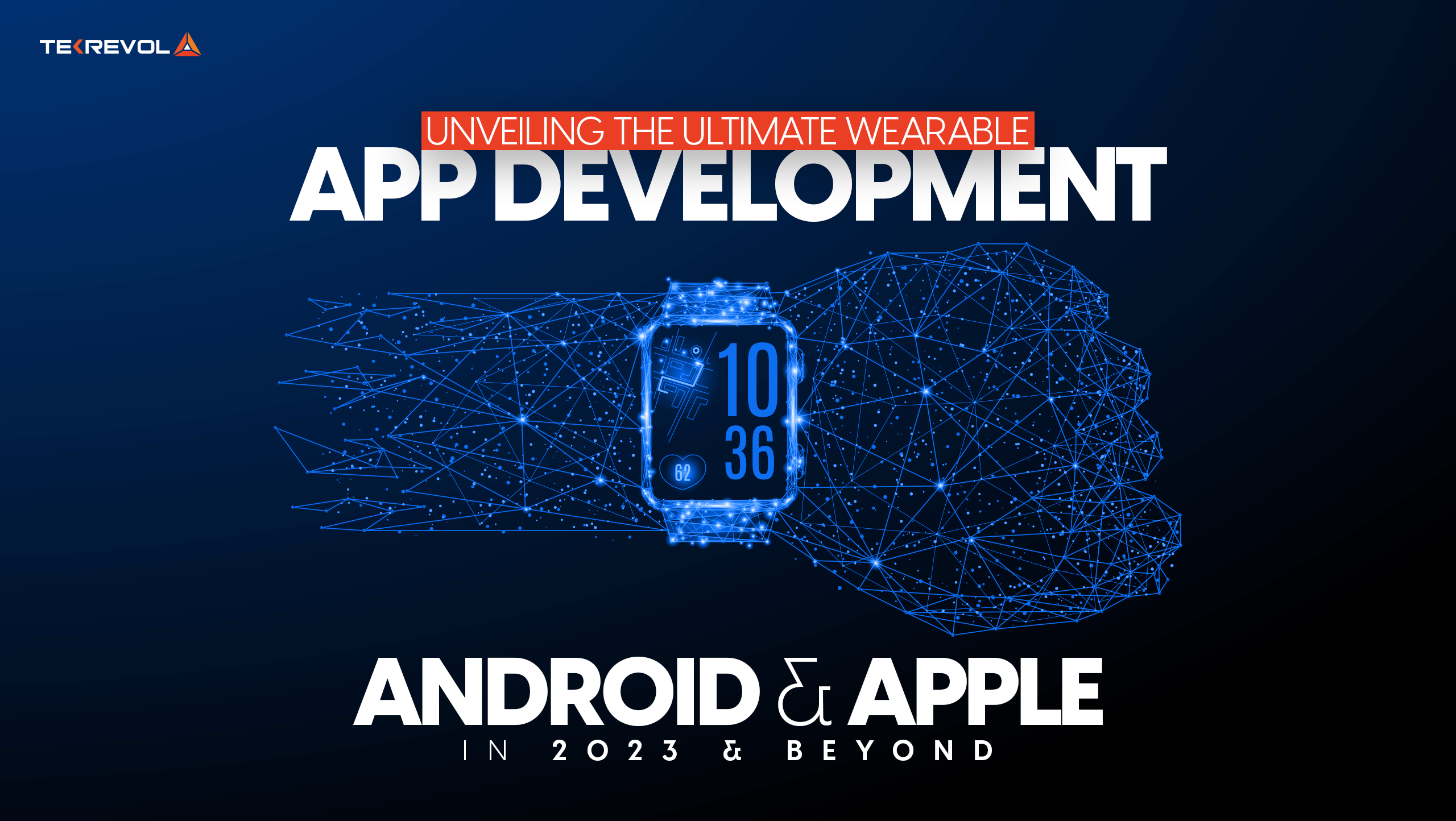
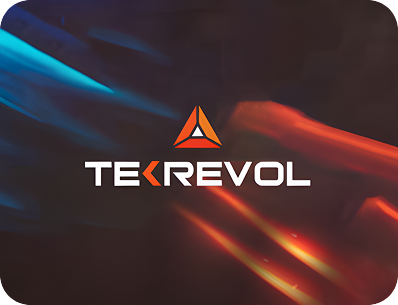

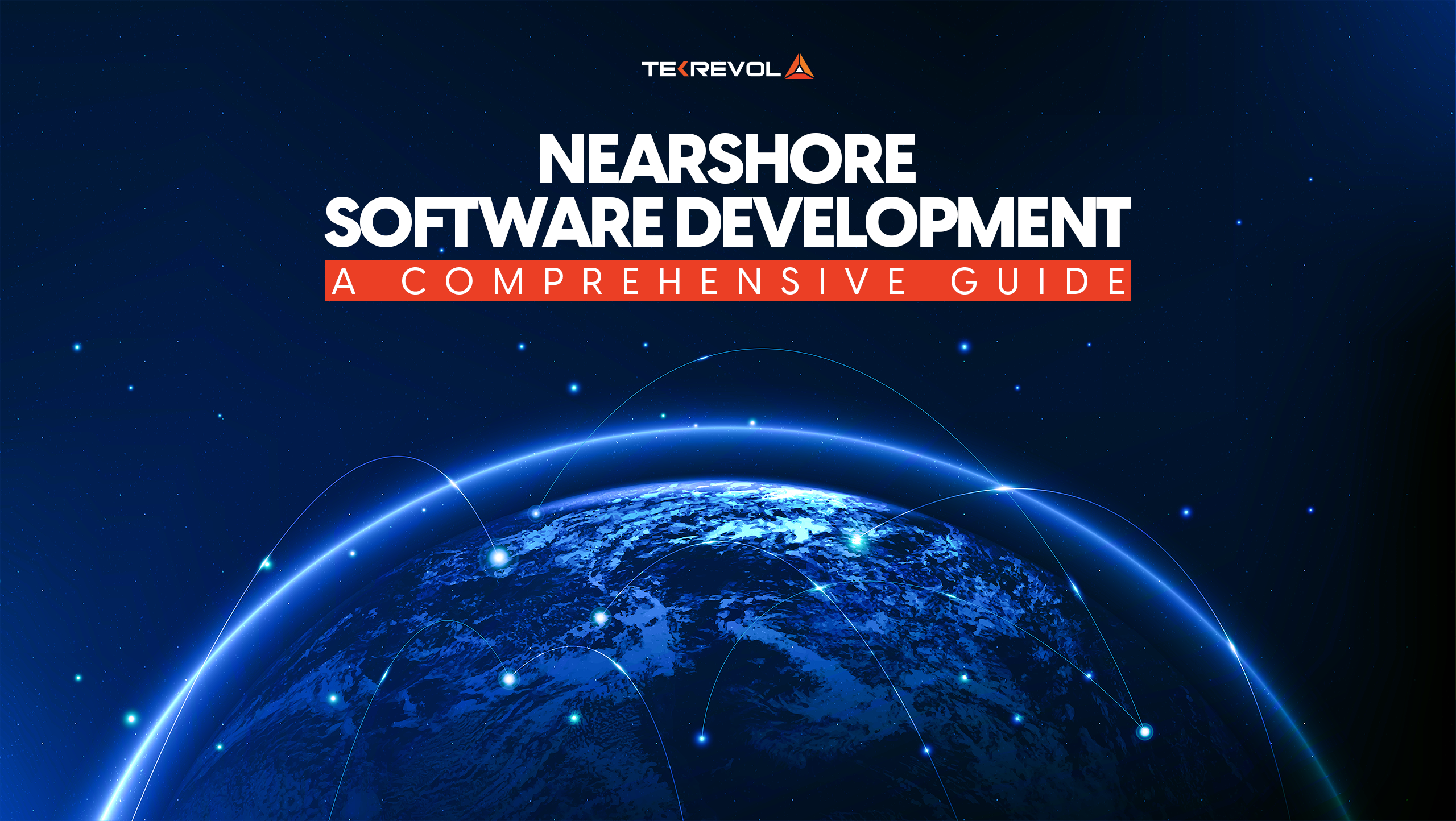
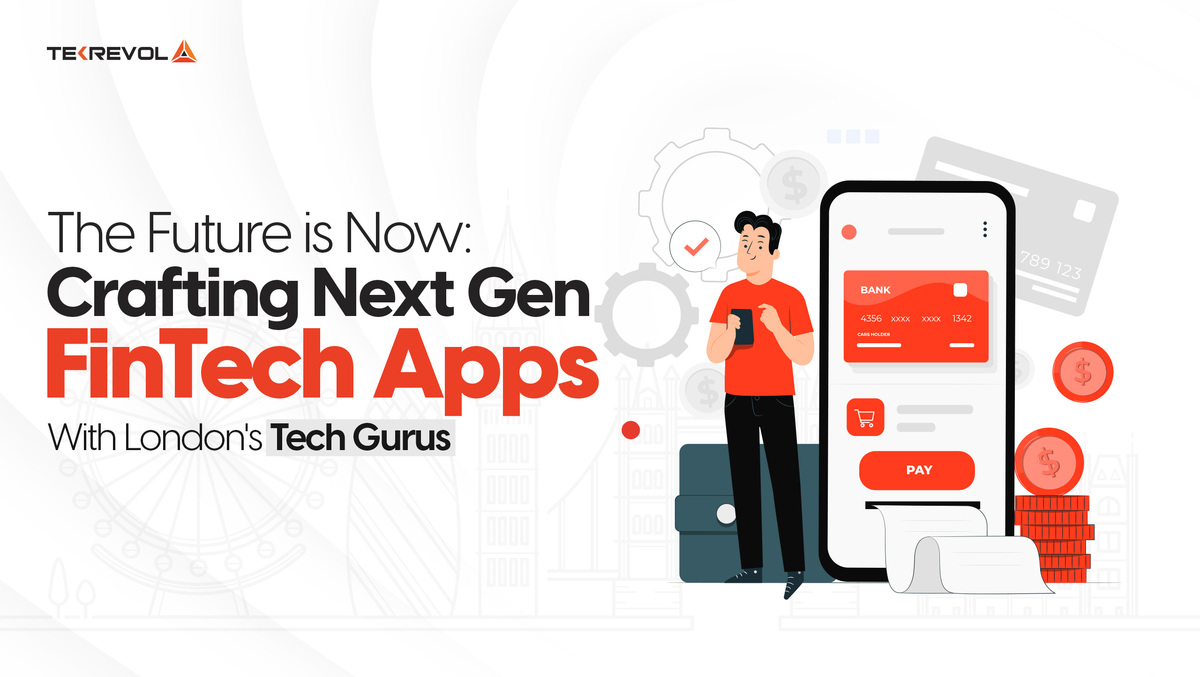
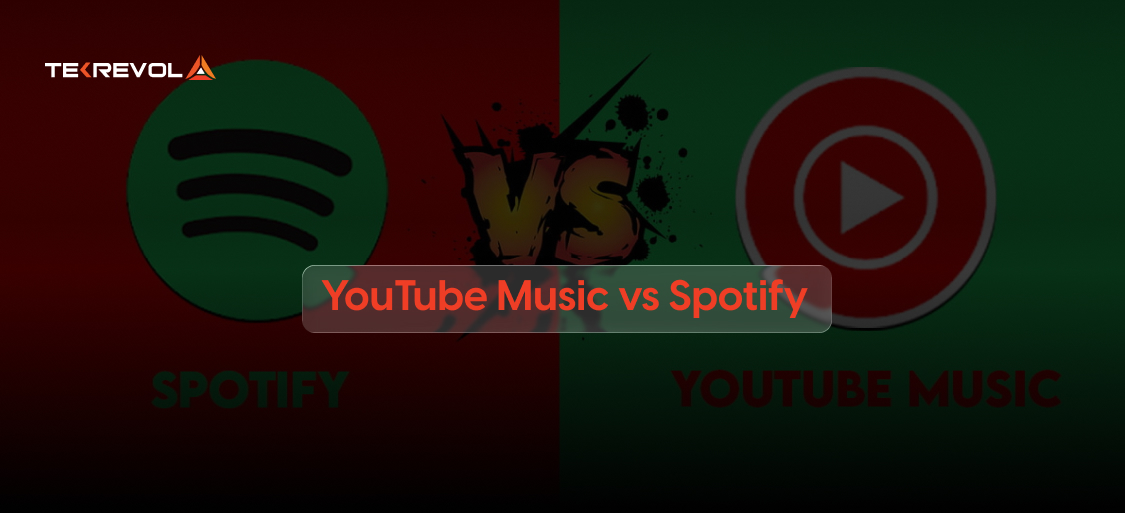
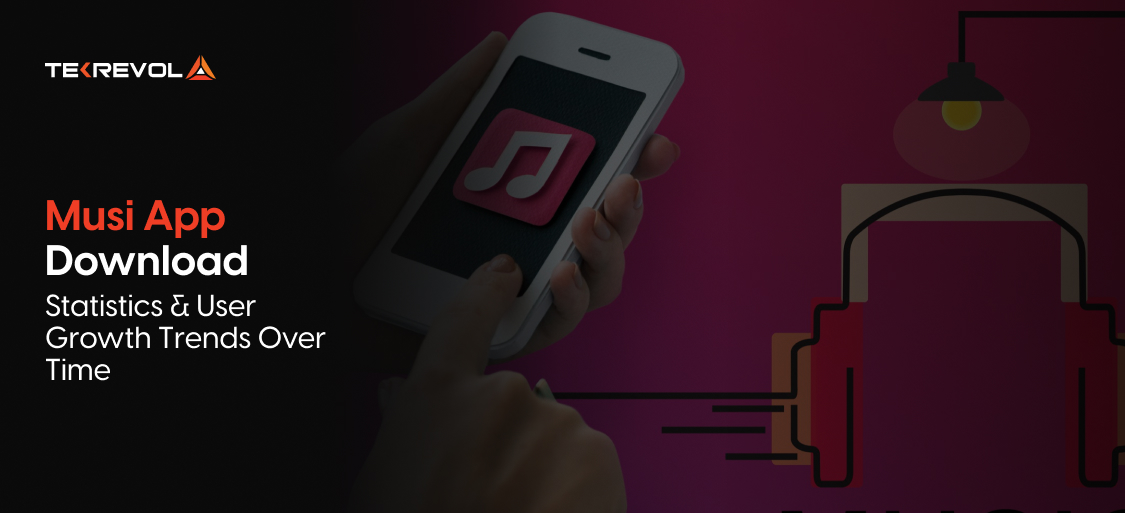
![How Does Hybrid App Monetization Work For Houston [Strategies, Models & Trends]](https://d3r5yd0374231.cloudfront.net/images-tek/uploads/2026/02/Hybrid-App-Monetization.jpg)


